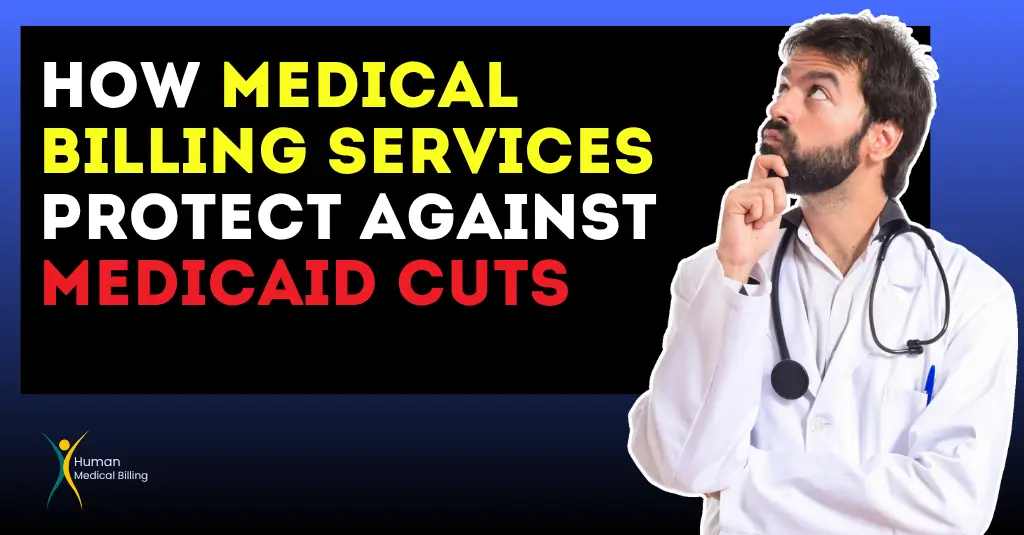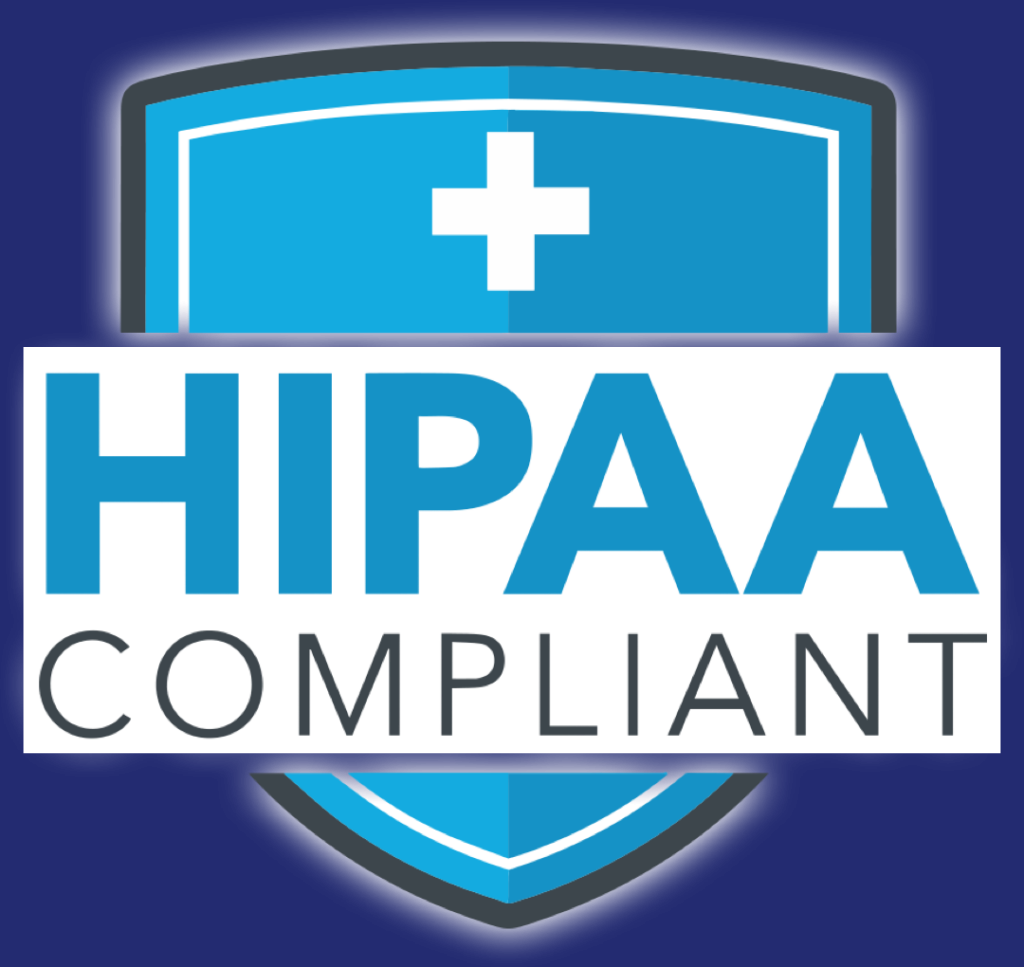USA’s Healthcare legislation 2025 Updates
2025 is a big shift for U.S. healthcare regulations. Massachusetts, California, and Texas all have new legislation to curb private equity and corporate influence.
The legislation introduces new levels of transparency, safeguards doctor’s autonomy, and demands more comprehensive financial reporting.
- Massachusetts has enacted House Bill 5159 (HB 5159).
- California has proposed Senate Bill 351 (SB 351) and Assembly Bill 1415 (AB 1415).
- Texas has enacted House Bill 2747 (HB 2747) and Senate Bill 1595 (SB 1595).
Private clinics, management services organizations (MSOs), and revenue cycle management (RCM) firms will be directly affected.

Massachusetts HB 5159: Will Private Equity Lose Control of Healthcare?
Timeline of Events in Massachusetts
• January 8, 2025 – Governor Maura Healey signs House Bill 5159 (HB 5159) into law. The law raises the standards on screening healthcare transactions with private equity firms, hedge funds, and MSOs.
• February 2025 – Massachusetts Attorney General’s office publishes financial reporting compliance guidelines under HB 5159.
• March 2025 – The initial lawful grievance filed against the new legislation, asserting it unfairly focuses on investor-subsidized medical practices, is by health groups.
Most Significant Facts Regarding HB 5159
- This law imposes strict limits on private equity control of healthcare in Massachusetts.
- HB 5159 requires extensive financial disclosures. Private equity companies and hedge funds must report on their investments in medical practices.
- Any medical group with 10 or more physicians must report who owns it. This measure makes corporate-backed healthcare deals more transparent.
- The law also keeps non-doctor investors from having a hand in medical decision-making. This keeps doctors independent and prevents companies from invading patient care.
Medical billers and RCM providers will need to enhance compliance procedures so that all purchases and financial transactions are compliant with the new reporting requirements.
Individuals Working Under Massachusetts Healthcare Legislation
- Massachusetts Governor Maura Healey signed HB 5159 into law. It encourages greater independence for physicians and greater business transparency.
- Massachusetts Attorney General’s Office – Charged with reviewing the financial statements and compliance audits of private equity-backed medical groups.
- The law targets private equity firms and MSOs most. They are now required to make financial reports every three years.
California SB 351 and AB 1415: Can Big Medicine Survive?
Calendar of Events in California
• Senator Christopher Cabaldon files Senate Bill 351 (SB 351) on February 12, 2025, to prevent commercial interests from dominating medical decisions.
• March 1, 2025 – Assembly Bill 1415 (AB 1415) is filed. It mandates disclosure of financial data prior to private equity-backed mergers and acquisitions.
• April 2025 – The California Medical Association expected to endorse SB 351 and cautions against corporate intrusion into physicians autonomy.
Key Facts Regarding SB 351 & AB 1415
1. California has emphatically said no to private equity involvement in medical offices.
2. SB 351 prohibits MSOs and PE firms from having control over treatment plans, patient volumes, or diagnosis choices so that medical professionals retain healthcare services under their control.
3. AB 1415 broadens pre-transaction notice requirements, and therefore any PE-funded healthcare merger and acquisition should be notified prior to closure.
4. These steps impose major delays on healthcare mergers, compelling RCM providers and medical billing firms to retool financial reporting systems in order to meet the new requirements.
Individuals Included in California Healthcare Laws
Christopher Cabaldon (California State Senator) – Principal sponsor of SB 351, supporting more stringent corporate medicine legislation.
California Attorney General’s Office – Authorized enforcement authority to prevent non-compliant medical mergers.
Pharmacy Benefit Managers and Insurers are now covered in the new legislation under AB 1415.
Texas HB 2747 and SB 1595: Is Texas Choosing Openness Over Rules?
Timeline of Events in Texas
In April 2025, House Bill 2747 (HB 2747) and Senate Bill 1595 (SB 1595) will be introduced. They are for financial transparency and not for strict regulation.
May 2025 – Projected Texas Secretary of State issuance of annual audits for healthcare companies under SB 1595.
June 2025 – Initial reporting of compliance comes in, demonstrating pervasive underreporting of economic activity.
Key Information Regarding HB 2747 & SB 1595
1. Texas has chosen a clear and open approach, unlike Massachusetts and California, which have strict rules for corporate healthcare.
2. HB 2747 mandates that health care firms inform the Attorney General at least 90 days prior to completing a merger or acquisition, providing state regulation of private health care deals.
3. SB 1595 requires annual reporting of financials by medical providers. It allows the Texas Secretary of State to perform random audits.
4. This legislation adds yet another burden on PE-backed healthcare groups financial reporting, mandating medical billing companies and RCM providers to institute documentation and reporting systems in compliance.
Individuals Engaged in Texas Healthcare Regulations
• Texas Attorney General’s Office – Responsible for overseeing market trends and conformity in healthcare transactions.
• Texas Secretary of State – Permitted to audit healthcare groups to guarantee financial transparency.
• Private equity and health care companies must meet annual reporting obligations or otherwise face state sanctions.
How will the new rules impact medicine and medical billing?
Due to additional regulation in Massachusetts, California, and Texas, the following trends are anticipated:
• Healthcare mergers and acquisitions will be dampened, and private practice consolidation will suffer.
• Medical billing companies have to transition towards compliance-based documentation.
• AI-based billing software will be highly important for automating financial reporting and compliance monitoring.
Next Steps for MSOs and Healthcare Providers
1. To stay up to date with evolving legislation, healthcare organizations, MSOs, and revenue cycle management companies must:
2. Monitor State Laws – Stay in front of Massachusetts, California, and Texas medical laws.
3. Comply with financial regulations – Work with experienced medical billing firms to manage new legislation.
4. Be Ready for Additional Audits & Reporting – Keep compliance-ready files to prevent fines.
5. If your practice is struggling to achieve compliance, professional medical billing services can assist you in streamlining financial documentation and reporting.
Final Thoughts: Will These Laws Change How Private Equity Operates in U.S. Healthcare?
The bills enacted in Massachusetts, California, and Texas have the capacity to shape the other states, bringing about healthcare regulation changes throughout the nation.
For private clinics, MSOs, and RCM companies, adherence to the regulations is no longer a choice – it is a business imperative. Early adoption will reduce financial risks and guarantee profits.


















